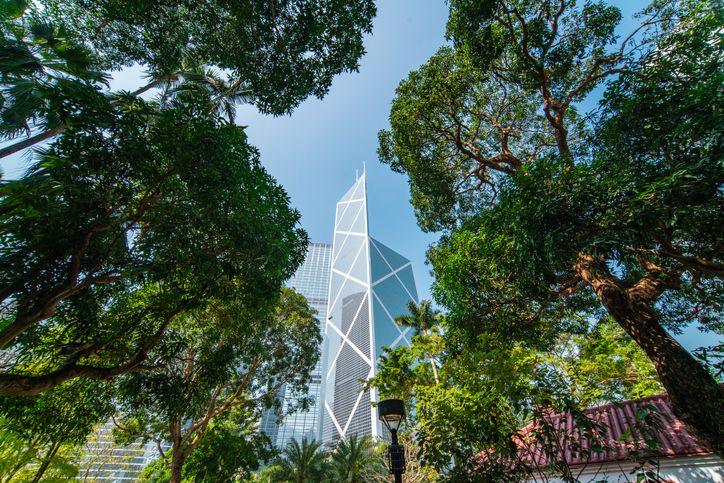Although many Asia ex-Japan high yield credits have lower ESG ratings than their peers in Europe and the US, momentum is favouring names in this region.
This is according to Tabula, a London-based asset manager and ETF provider, whose strategy adopts an “ESG tilt” to identify and invest in companies where there is potential for their ESG rating to be upgraded in the coming years.
“We overweight the higher rated ESG companies and those companies that have positive ratings momentum. That is to capture the transitional nature of high yield and the journey through ESG, because a CCC company this year maybe a single-B next year and BB the year after,” said Michael Lytle, the firm’s chief executive officer.
A unique approach
Together with Haitong, the two firms this week launched what they described as the world’s first Asia ex-Japan high yield corporate US dollar bond ESG UCITS ETF.
In line with this, across all sectors, the firms strongly favour real estate companies, especially those in China, as higher ESG standards become more commonplace compared with peers.
Tabula’s ESG tilt is a part of a four-stage methodology for the index, which also involves excluding bonds with less than one year maturity to enhance the liquidity, and also companies in controversial businesses such as weapons, gaming and adult entertainment. The last stage is to ensure the sector exposures are in line with the parent index.
The iBoxx MSCI ESG USD Asia ex-Japan High Yield Capped Index, on which the new ETF from Haitong and Tabula is based, initially had a significant overweight on real estate, allocating around 70% to the sector; this was later capped at 50%.
Regulation a double-edged sword
Given recent credit events in the Chinese property sector, Haitong believes government regulations will press ahead with tightening measures.
“For real estate developers, they are not only facing tightened regulation to improve their asset quality, but they are also under government guidance to achieve more environmentally friendly frameworks in terms of construction, building materials and services. I think real estate developers in China are moving closer to [international] ESG standards,” said Shengzu Wang, global head of asset management at Haitong.









